Health And Medicine
-

Team’s imaging strategy enhances lipedema treatment
A collaborative team at Vanderbilt is transforming the diagnosis and treatment of lipedema, a debilitating, abnormal deposition of fatty tissue that afflicts an estimated 17 million women in the United States. Read MoreFeb 9, 2023
-

Researchers clarify role of blood cell mutations in disease
Vanderbilt researchers have developed a new method to analyze mutations in blood stem cells that can trigger explosive, clonal expansions of abnormal cells. Read MoreFeb 2, 2023
-

Study reveals new genetic disorder that causes susceptibility to opportunistic infections
An international consortium co-led by Vanderbilt's Rubén Martínez-Barricarte has discovered a new genetic disorder that causes immunodeficiency and profound susceptibility to opportunistic infections including a life-threatening fungal pneumonia. Read MoreJan 20, 2023
-

VUMC researchers upend dogma about vasopressin production
Vanderbilt investigators have discovered that vasopressin, which has long been thought to be produced only in the brain, is also produced in the kidney. Read MoreJan 5, 2023
-

Novel therapeutic target identified for chronic kidney disease
Vanderbilt investigators have discovered a molecular mechanism that promotes chronic kidney disease following kidney injury. Read MoreDec 15, 2022
-
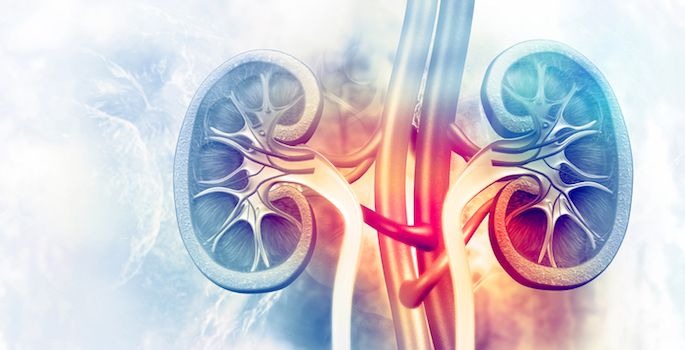
Reduced kidney function may cause cardiovascular disease: study
An international team of investigators has found that mild to moderate reduction in kidney function may cause cardiovascular disease, even in people without symptoms of heart disease or diabetes. Read MoreDec 15, 2022
-

Study links excess oxygen during anesthesia to risk of organ injury
A Vanderbilt study found that higher levels of excess oxygen given to patients under general anesthesia add risk of injury to the kidneys, lungs and heart. Read MoreNov 30, 2022
-
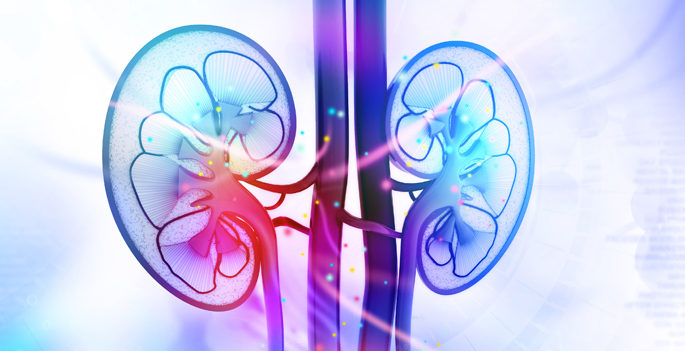
Study supports removing race from estimate of kidney function
An in-depth analysis by Vanderbilt investigators of published research studies supports removing race from the calculation of estimated glomerular filtration rate (eGFR) — an assessment of kidney function. Read MoreNov 17, 2022
-

Cardiac antigen identified as mechanism for heart complication with immunotherapy-related myocarditis
Researchers from from Vanderbilt-Ingram Cancer Center have identified the mechanism for the deadly heart inflammation myocarditis. Read MoreNov 16, 2022
-

Hawiger still blazing a trail in inflammation research
Vanderbilt research describes a new investigational peptide drug that can penetrate immune and nonimmune cells, and block inflammatory signaling in a preclinical model of atopic dermatitis — eczema. Read MoreNov 10, 2022
-

Study finds Moderna’s COVID-19 vaccine safe and effective for young children
A Vanderbilt study finds that Moderna’s COVID-19 vaccine is safe and effective in children 6 months to 5 years of age. Read MoreNov 4, 2022
-

Study explores possible drug target for neurological problems
A team at Case Western Reserve University and Vanderbilt University Medical Center has determined with atomic-level precision how two established drugs bind to and alter the conformation of a cell membrane transporter protein called NKCC1, shutting down its activity. Read MoreNov 3, 2022
-

Study sheds light on the development of inflammation, high blood pressure and resulting kidney damage.
Researchers at Vanderbilt University Medical Center have found that the change in a single letter of the genetic code promotes, in a mouse model, the development of inflammation, high blood pressure and resulting kidney damage. Read MoreOct 20, 2022
-

Vanderbilt’s Crowe receives the Building the Foundation Award from Research!America
Vanderbilt's James Crowe Jr., MD, has received the Building the Foundation Award from Research!America, a national biomedical research advocacy organization. Read MoreOct 6, 2022
-
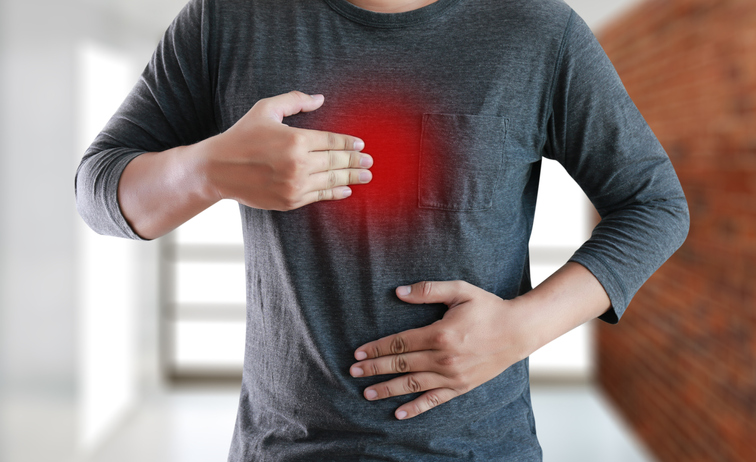
Study finds that reducing intake of simple sugars improves GERD
A Vanderbilt study found that reducing dietary carbohydrates improved both symptoms and objective measurements of gastroesophageal reflux disease (GERD) in a randomized controlled trial. Read MoreOct 6, 2022
-
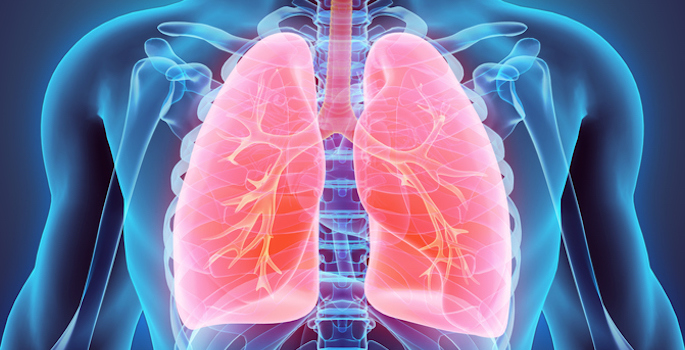
Policy, resources crucial for lung cancer screening: study
Vanderbilt reseach shows that resources for lung cancer screening programs increased the number of veterans screened. Read MoreSep 29, 2022
-

Colon cancer researchers awarded NCI grant for study of early lesions
Vanderbilt researchers are studying precancerous lesions and early cancers in the colon, with the goal of developing new ways to prevent colorectal cancer, the nation’s second leading cancer killer. Read MoreSep 22, 2022
-

Watch: Lab-to-Table Conversation: ‘Biomedical Research Ethics and the Scientific Method’
Join Hassane Mchaourab, the Louise B. McGavock Professor and professor of molecular physiology and biophysics, as he explores biomedical ethics with leading experts in law, biomedical research and basic sciences on Thursday, Sept. 29, from 11 a.m. to noon. Read MoreSep 20, 2022
-
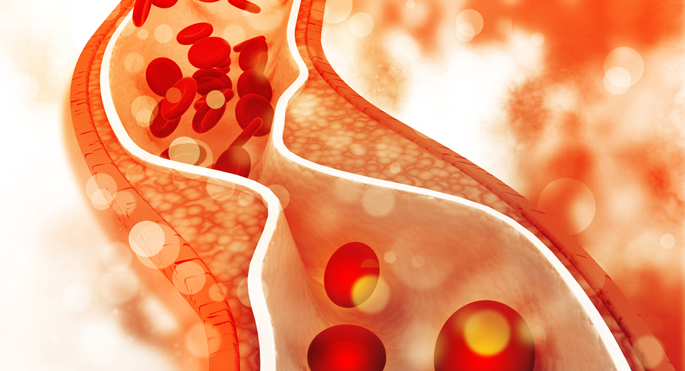
Study suggests new mechanism for lipid transporter
A new model suggests that a protein involved in the generation of high-density lipoprotein (HDL) works differently than previously thought. Read MoreSep 15, 2022
-

Study identifies key player in T cell “education”
New Vanderbilt research could inform therapeutic strategies for enhancing thymic function when desired — such as during aging, recovery from radiation therapy or chemotherapy, or other conditions that reduce T cell output. Read MoreSep 1, 2022